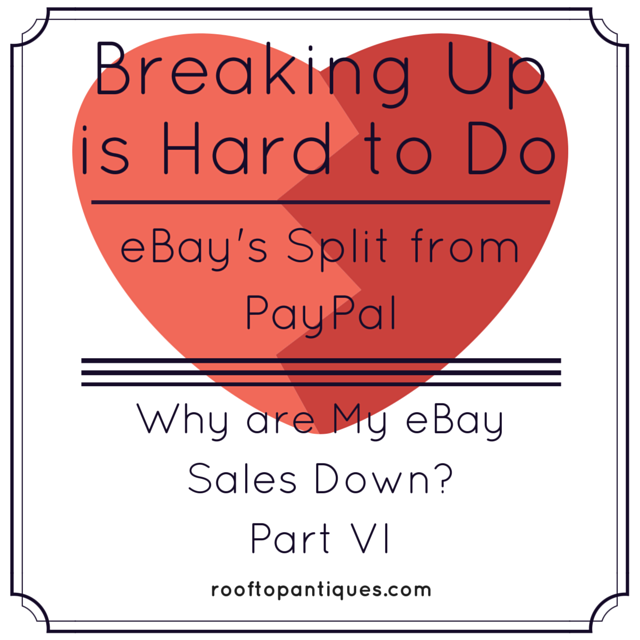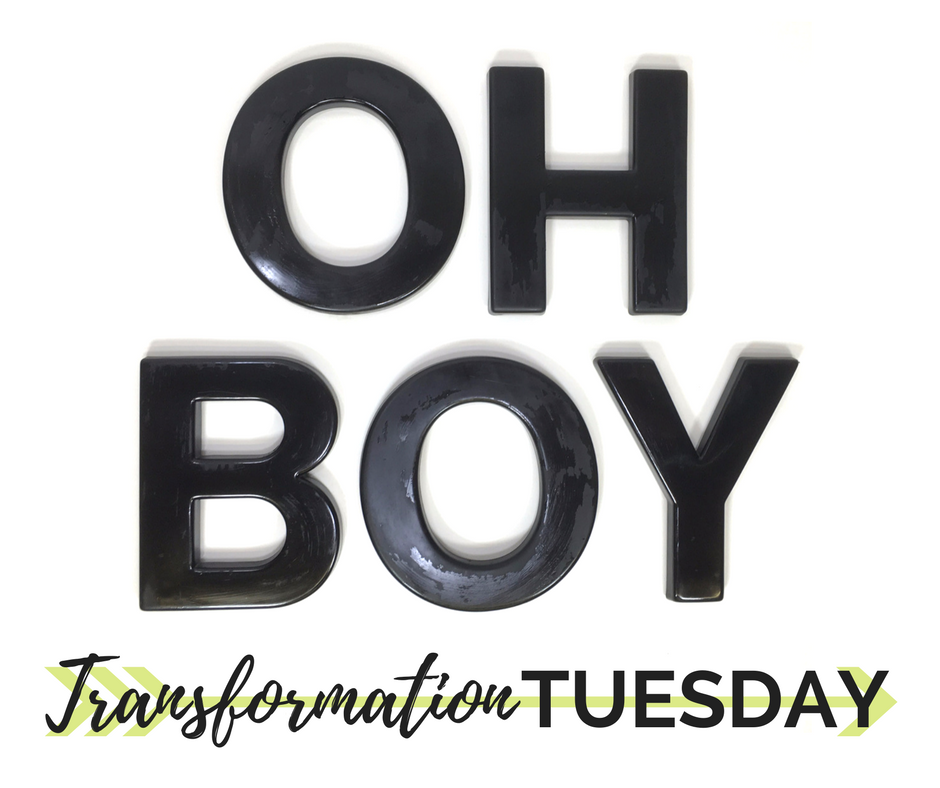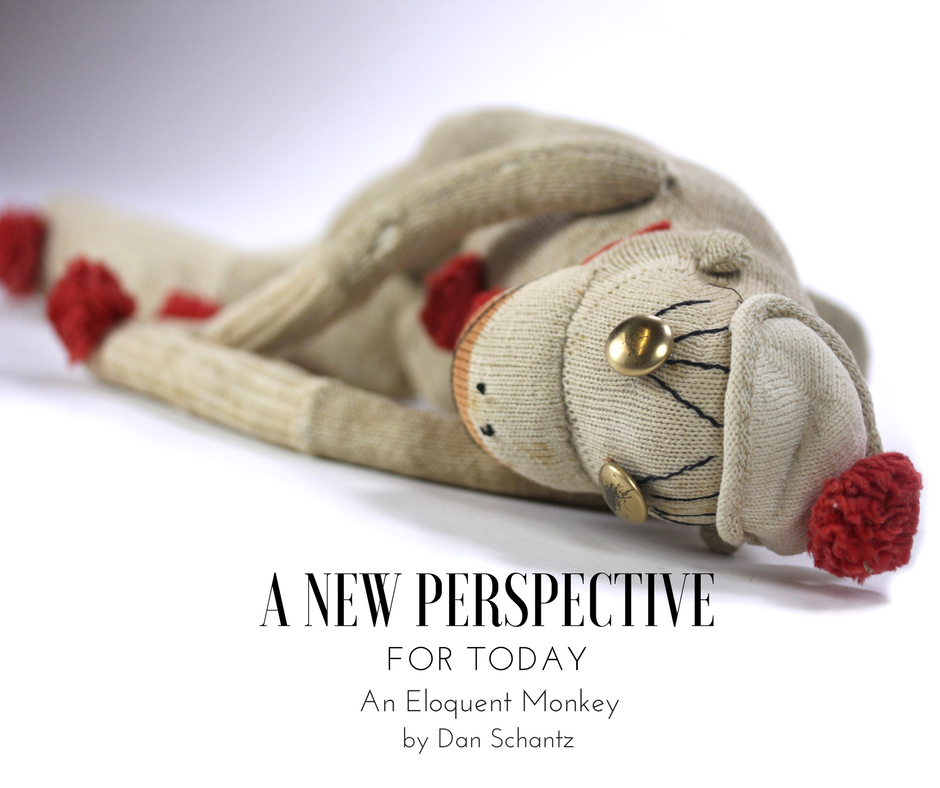Breaking Up is Hard to Do - eBay's Split from PayPal

It had been hot topic for debate for quite some time: eBay investors, led by majority stockholder Carl Icahn, sought to break the connection holding eBay and PayPal together. Initially, this transition was strongly resisted by eBay board members and executives. The push was fueled by investors who were interested in investing solely in PayPal, the more profitable of the two entities. In September, 2014, eBay relented, announcing that the division would occur some time in the second half of 2015.
What will happen to the two companies after the split? In an interview with Forbes (read it here), current eBay CEO John Donahoe said, “We’re not doing this to set either business up for sale. Post-separation, if you use current valuations, you’ll have two very significant companies with market caps well above $30 billion each.”
Will eBay suffer or benefit from the split? It depends who you ask. According to a Bloomberg Report, “Moody’s Investors service placed eBay’s debt rating under review for downgrade after it announced the split with PayPal. Moody’s said it would be looking at how cash is allocated and the business agreements between the companies. ‘Although the proposed separation of the marketplaces and payments business should not present any major operational challenges, there is significant business overlap between the two units, and the terms of the new arms-length contractual arrangements between the entities following the separation will be critical to our review,’ Stephen Sohn, Moody’s senior credit officer, said in a statement”. Read the rest of the article here.
Recent comments by Dan Schulman, PayPal President, indicate that he believes PayPal has been held back by its connection with eBay (more here). Does this mean that, in his mind, eBay has benefited from its marriage with PayPal? I would be curious to know what, in his opinion, will occur for eBay after the split.
When questioned directly, the Office of the eBay President stated: “In regards to the PayPal and eBay split, there’s a lot of speculation around the effect this may have. I can assure you that we’re excited for the change. This is going to open up a lot of options for both companies independently. For example, we’re going to be able to explore new payment options which we’ll make available to the sellers. This will also increase the options available to buyers, and may bring in new markets currently untouched”. This statement left me wondering, if the division between eBay and PayPal is such a good thing, why did you resist it so strongly for so long?
Recently, details of the agreement between eBay and PayPal have been made public through a filing with the SEC. According to Ina Steiner at eCommerceBytes.com, “the operating agreement ties them at the hip - key for sellers: eBay must continue to offer PayPal and the two companies can’t compete with each other. The main operating agreement will be in effect for 5 years and can be renewed thereafter on an annual basis”. Read more from Steiner here.
While most are taking a “wait and see” approach as to what the fallout will be when eBay and PayPal separate, it is clear that this announcement was just another disruption for eBay in 2014. Needless to say, it was a difficult year. According to the New York Times, third quarter earning reports indicate that eBay is not “showing the luster it once held”. It continued that “growth prospects in some areas are not as strong as investors would like”.
From our perspective as long-time Top Rated eBay sellers, the events of 2014 created a giant pile-up, with eBay at the bottom of the pile. This realization left us with very little question as to the reason for our huge sales drop in 2014.
See the rest of our eBay series here:
Part I - Why are My eBay Sales Down?
Part II - eBay Takes a Hit
Part III - Google Takes Aim
Part IV - eBay Alternatives?
Part V - Fixing the Defects in eBay's Defect System
Part VI - Breaking Up is Hard to Do: eBay's Split from PayPal
Part VII - Is eBay's Cassini Really the "Best Match"?
Part VIII - Is eBay's Cassini Stuck in Orbit?
The Plan, Part I - Positioning for More than Survival
The Plan, Part II - Expanding Our Reach Beyond eBay
Making Connections
Leave a comment
Also in View from the RoofTop
Transformation Tuesday - Wall Decor Letters
A New Perspective for Today: An Eloquent Monkey
Frankly, I am not fond of monkeys. They affect me the way spiders and snakes affect other people. The flying monkeys in “The Wizard of Oz” and the rogue monkeys in Robin Williams’s “Jumanji” were menacing to me, and I closed my eyes so I wouldn’t have to see them.
One Day, One Mall, and Four Booths
We headed to Columbia on Saturday morning to meet a new online acquaintance for a furniture trade. I didn't realize it at the time, but the Willett Mid-Century Modern end table she placed in our hands would become the centerpiece for a collection of untold treasures.





